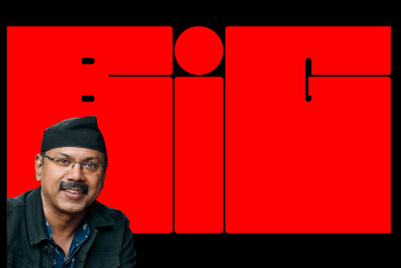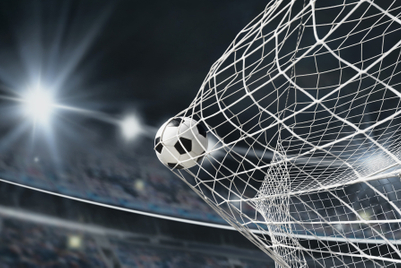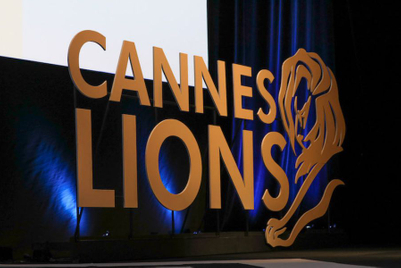As an experiment I typed "periods" into the search bar.
What I uncovered was tweet after tweet of young women (and some men) responding to or defending themselves against accusations that periods are gross, disgusting, unnatural, unhygienic, you name it.
Which is why Nadja and Nick wrote this global campaign for Libresse. And why Daniel Wolfe directed the film and Monika Lenczewska was the DOP. And why artists and poets collaborated on it.
Some will say it's gross and unnecessary. You've gone too far. And they will cheer that censors have dropped a curtain of pixels over the final scene.
To which my response (my polite one) is I don't want my children, my daughters, feeling shame about something that is not only normal but beautiful. And to say it is offensive to think that the sight of period blood is offensive.
When I was a teenager my dad bought me a razor to shave off the 19 individual strands of bum fluff that I proudly wore as my "beard".
It was a symbol and a recognition that I was passing from one stage to another – from a boy to a man.
It was celebrated.
We need to do the same for our daughters.
The poet and feminist Dominique Christina, who is involved in this project, suggests having parties to celebrate our daughters’ first periods.
We didn't do that for our eldest. We didn't even think of that.
Because it's not the "normal" thing to do.
So, instead it happened quietly. Like most things period. A moment between a daughter and a mother.
The sadness at the heart of this ad is that it beguiles you into thinking periods are normal. That women can unashamedly call for a pad across a dinner table. That schoolboys can pass tampons to schoolgirls. That real period pain doesn’t have to be suffered in silence just to spare the blushes of men.
It’s the way the world should be. Unfortunately, it’s not the way the world is.
A lot of these moments are firsts. It has taken until 2017 to pour red liquid onto a pad.
And consider this. No one bans the sight of blood oozing through the shirt of a shot gangster in a crime movie. However, seeing blood for an instant on the cloth of a sanitary pad is considered unacceptable.
Restrictions have meant we have fallen short of what we wanted to show.
But at least we are making a start.
Something only ever becomes normal if it is treated normally.
You break down taboos by pushing against them.
That's how you change things.
My youngest daughter is just 8.
When her time comes I like to think that throwing her a period party will be an everyday, run of the mill, utterly unremarkable thing.
I hope, I dare to hope, #bloodnormal will have helped make it normal.
I want to leave you with a final image.
I've written this article whilst on a big family holiday: aunts, uncles, cousins, nanna and grandad.
To write about my eldest daughter I had to talk to her.
And that turned out fine.
Then her mum joined in. And her aunties. And her nanna.
Three generations of women sitting around an old kitchen table talking about a film about period blood.
It was a very special moment for me.
Although, I'll be honest, less so for grandad.
But we’ll get him there. Along with everyone else.
(Alex Grieve is executive creative director at Abbott Mead Vickers BBDO. This article first appeared on CampaignLive.co.uk)




.jpg&h=334&w=500&q=100&v=20250320&c=1)
.jpg&h=334&w=500&q=100&v=20250320&c=1)


.jpg&h=334&w=500&q=100&v=20250320&c=1)

.jpg&h=334&w=500&q=100&v=20250320&c=1)


.jpg&h=334&w=500&q=100&v=20250320&c=1)


.jpeg&h=268&w=401&q=100&v=20250320&c=1)





